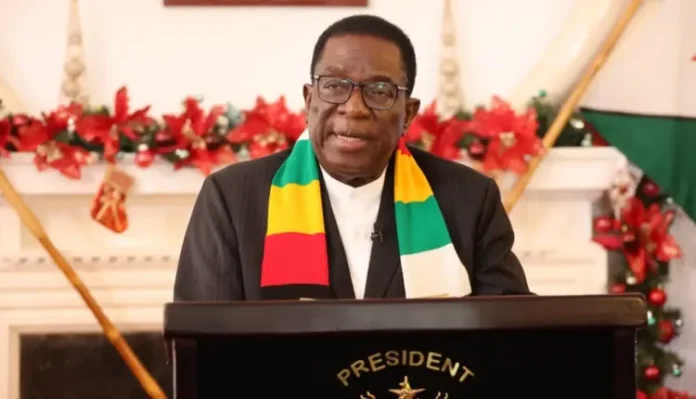The House of Lords recently hosted a comprehensive discussion on strategies to exert pressure on President Emmerson Mnangagwa’s administration through restrictive measures, aiming to make the situation uncomfortable for Harare. This debate reflects ongoing efforts by Western governments to maintain sanctions against Zimbabwe for over two decades, addressing governance issues ranging from human rights violations to corruption and illicit financial activities.
The transition from longtime ruler Robert Mugabe’s era in 2017, followed by Mnangagwa’s commitment to a re-engagement agenda, was initially seen as a potential turning point. However, criticism from the West, citing worsening human rights abuses and electoral fraud under the “Second Republic,” strained relations further. The United States took the lead in tightening targeted sanctions against Mnangagwa and his associates, exacerbating tensions between Washington and Harare. In a recent development, Harare detained and deported four USAID officials on charges of attempting to destabilize the country.
Despite these challenges, Harare remains determined to pursue its re-engagement efforts and accuses the US and the West of meddling in its internal affairs. Conservative politician Henry Bellingham raised concerns in the House of Lords about the need to address injustices in Zimbabwe without allowing the focus on the Ukraine conflict to overshadow them. He advocated for tighter and broader smart sanctions targeting ZANU-PF Cabinet members, their associates, and their spouses, rather than imposing economic sanctions that would adversely affect Zimbabwean citizens.
Lord Ahmed, responding to Bellingham’s remarks, acknowledged the UK’s deep concern over civil liberties violations in Zimbabwe. He highlighted the UK’s engagement with Zimbabwe on human rights issues and mentioned the possibility of utilizing the global human rights sanctions regime to target individuals responsible for egregious human rights abuses.
Furthermore, Lord St John of Blesto suggested convening an all-party parliamentary conference in Zimbabwe to promote inclusivity and address poverty reduction for millions of Zimbabweans. He emphasized the need to prevent a vacuum in governance that could be exploited by external actors, such as China and Russia, particularly in mining strategic minerals.
Overall, the debate in the House of Lords underscores ongoing international concerns regarding governance and human rights violations in Zimbabwe, as well as efforts to address these issues through targeted sanctions and diplomatic engagement.
Source – newzimbabwe
